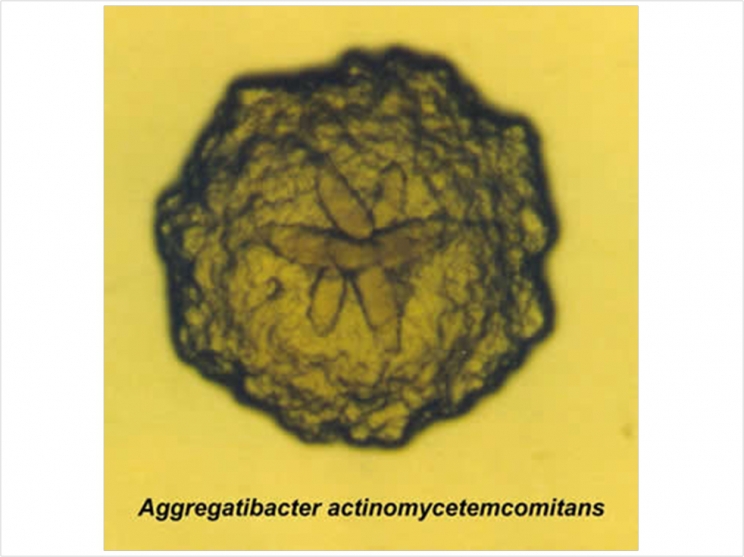
Rates of both periodontal disease and cardiovascular disease are elevated in individuals with rheumatoid arthritis, according to a multi-institution team of researchers. Also, the researchers said, their findings suggest that immune responses to certain bacteria that cause periodontal disease may play a role in patients’ higher cardiovascular disease risk.
Among 197 patients with rheumatoid arthritis, those with antibody responses to common periodontal pathogens were more likely also to show signs of atherosclerosis.
“Evidence of exposure to a particular periodontal pathogen called Aggregatibacter actinomycetemcomitans had the strongest associations with atherosclerosis in the patients with rheumatoid arthritis that we studied,” said lead author Jon T. Giles, MD, MPH, of Columbia University.
“Moreover, it was associated with measures of coronary, carotid, and peripheral atherosclerosis, over and above other risk factors for atherosclerosis. Further studies are needed to determine if eliminating exposure to this pathogen might modify the increase in cardiovascular disease known to be part of rheumatoid arthritis,” Giles said.
The study, “Associations of Antibodies Targeting Periodontal Pathogens with Subclinical Coronary, Carotid, and Peripheral Arterial Atherosclerosis in Rheumatoid Arthritis,” was published by Arthritis & Rheumatology.
Related Articles
Rheumatoid Arthritis Patients Also Suffer from Poor Oral Health
Gum Disease May Initiate Autoimmunity Related to Rheumatoid Arthritis
Common Bacterium Triggers Both Periodontitis and Rheumatoid Arthritis











